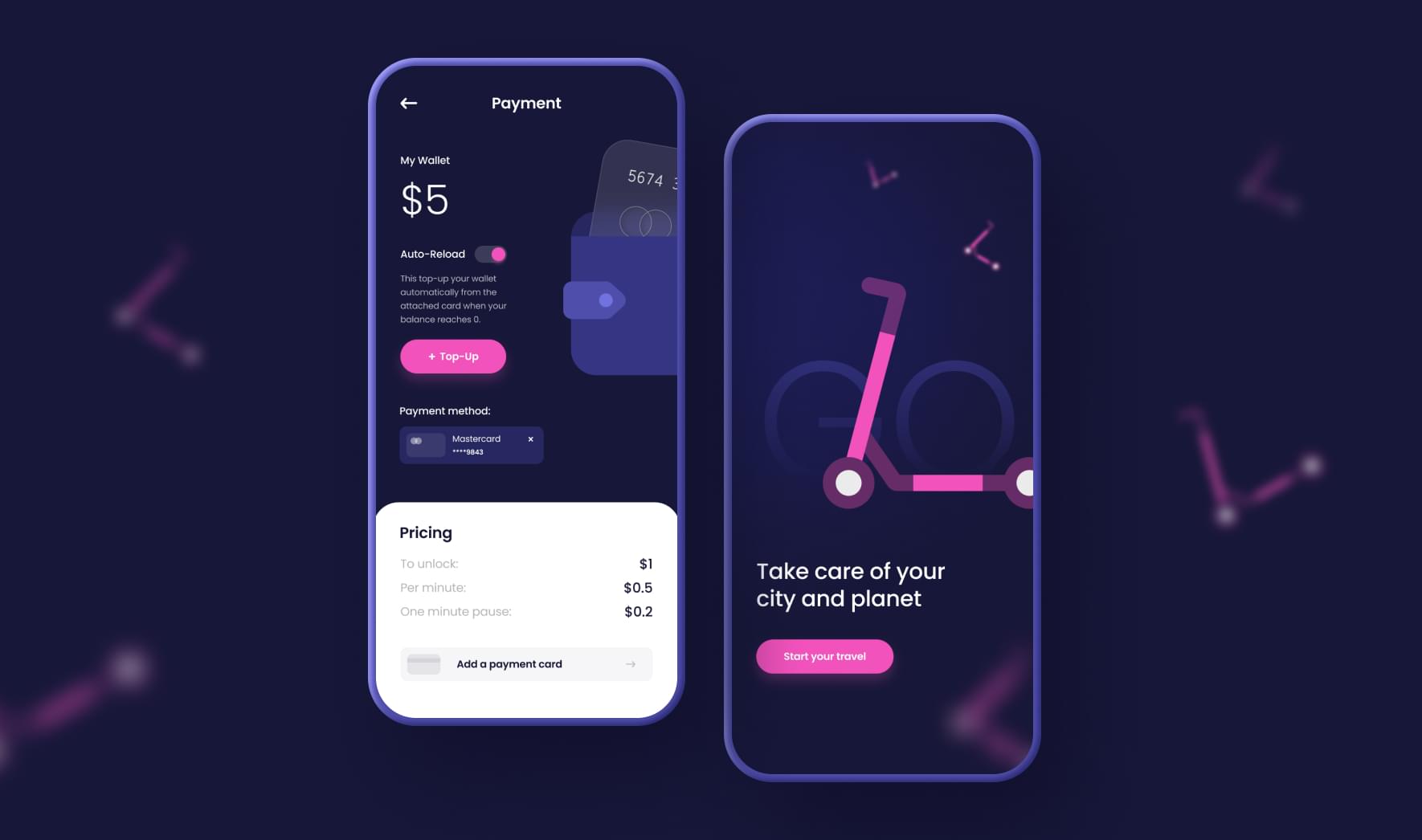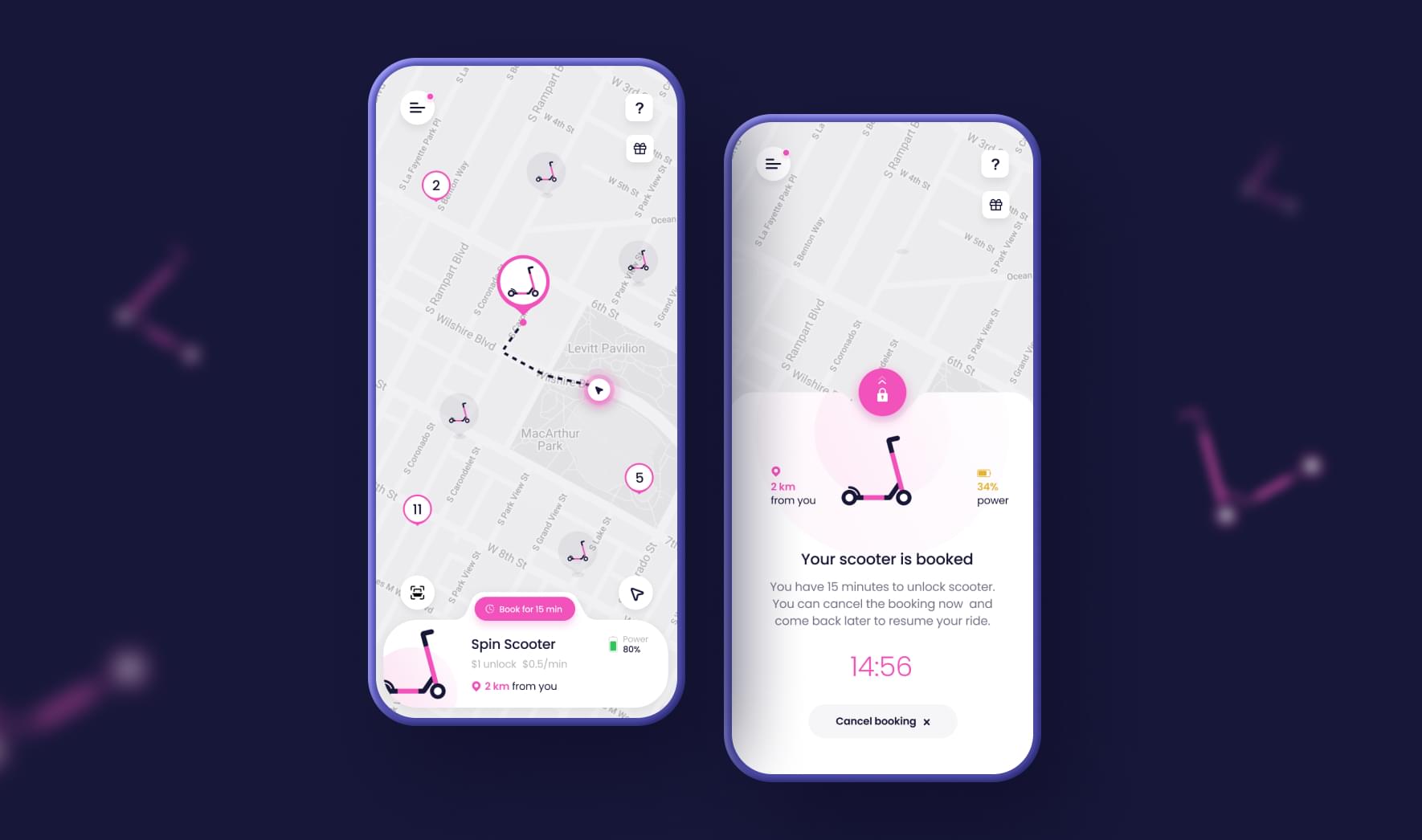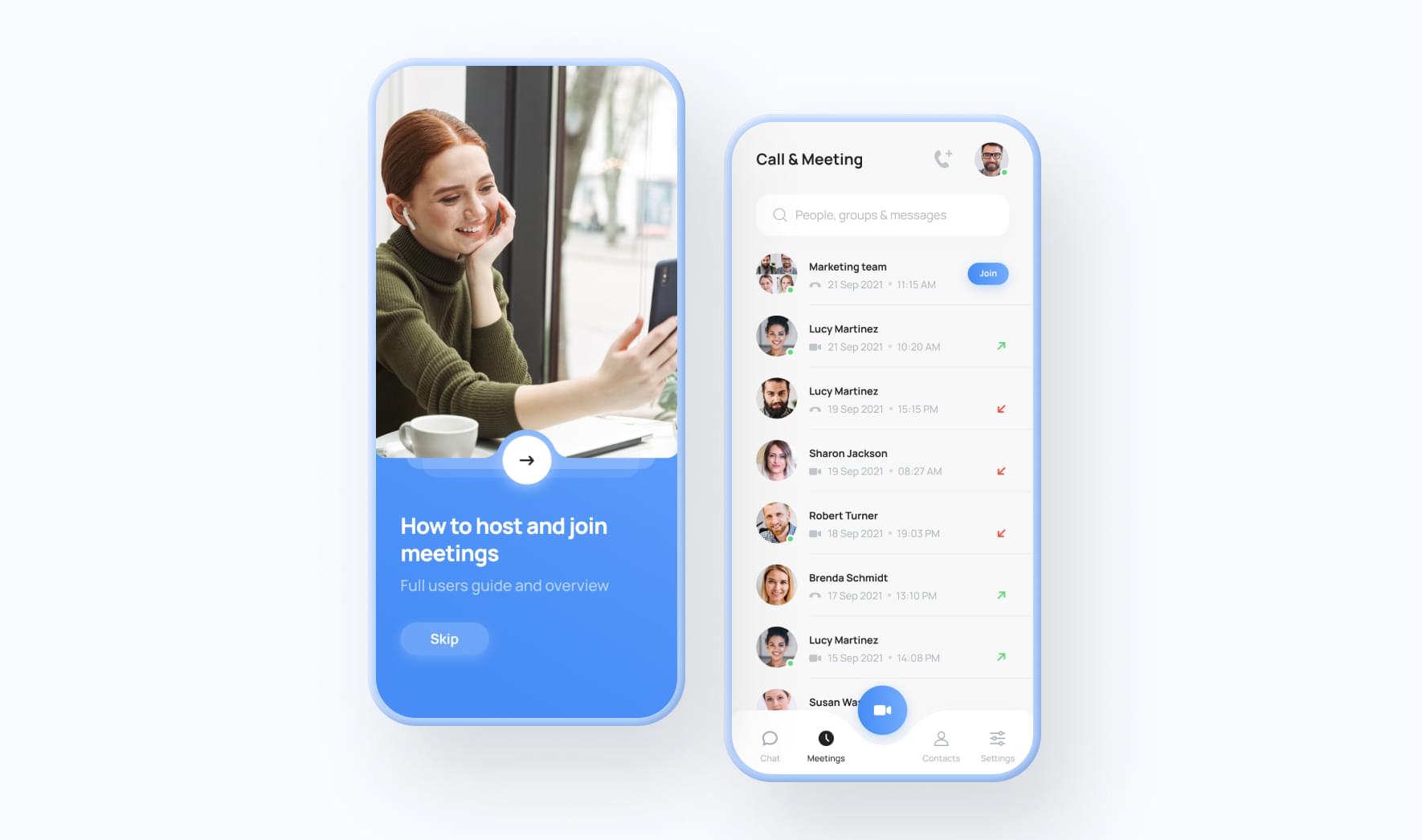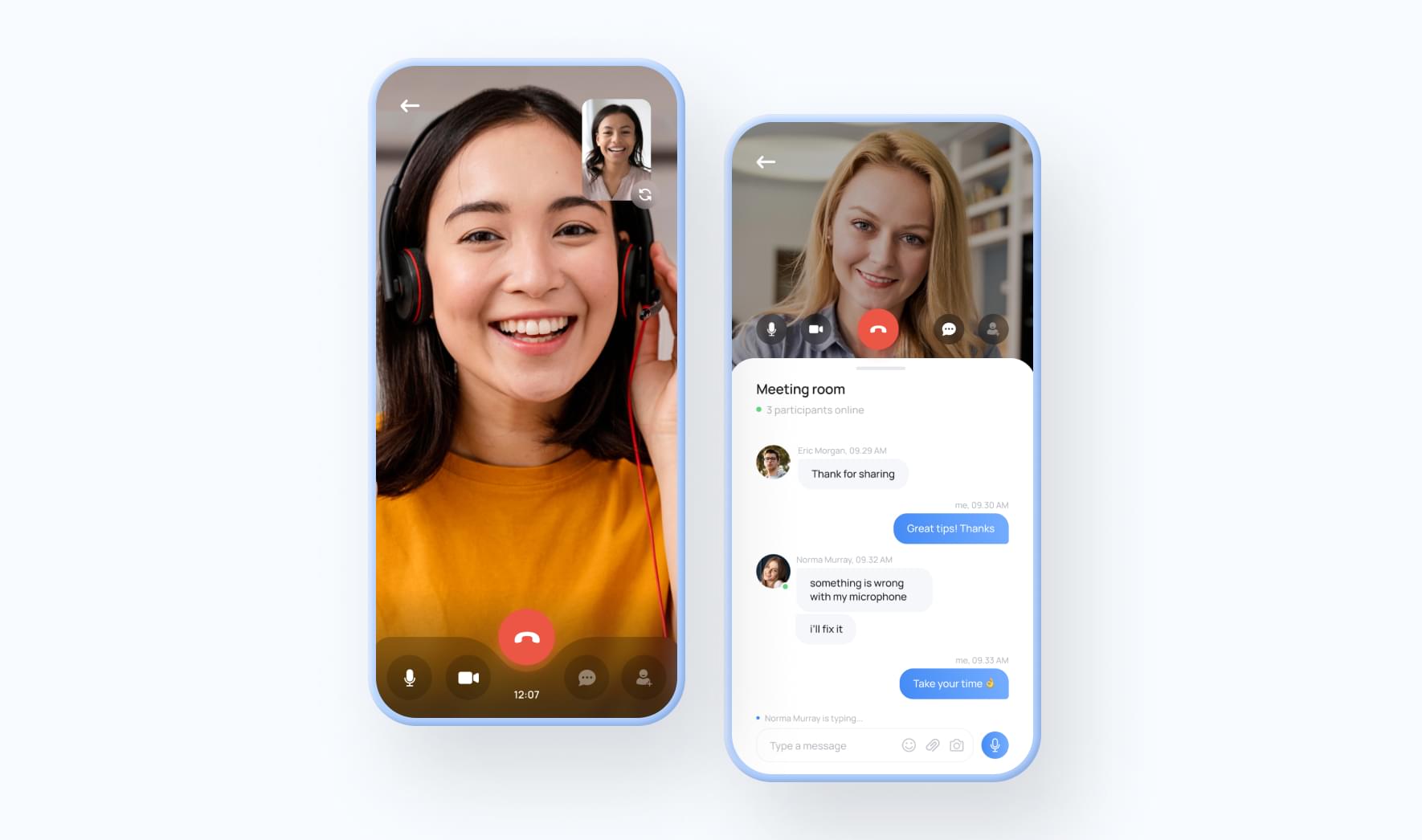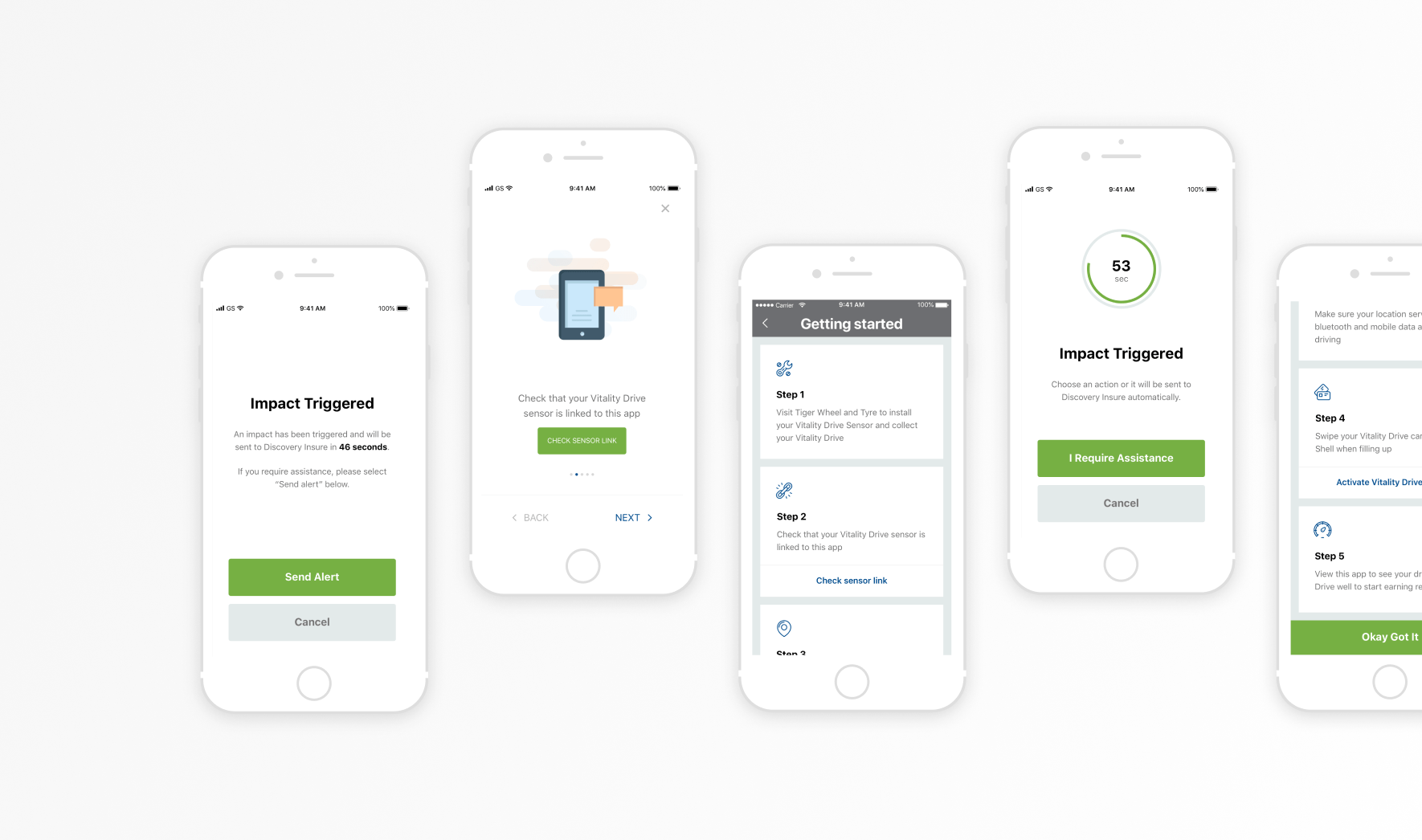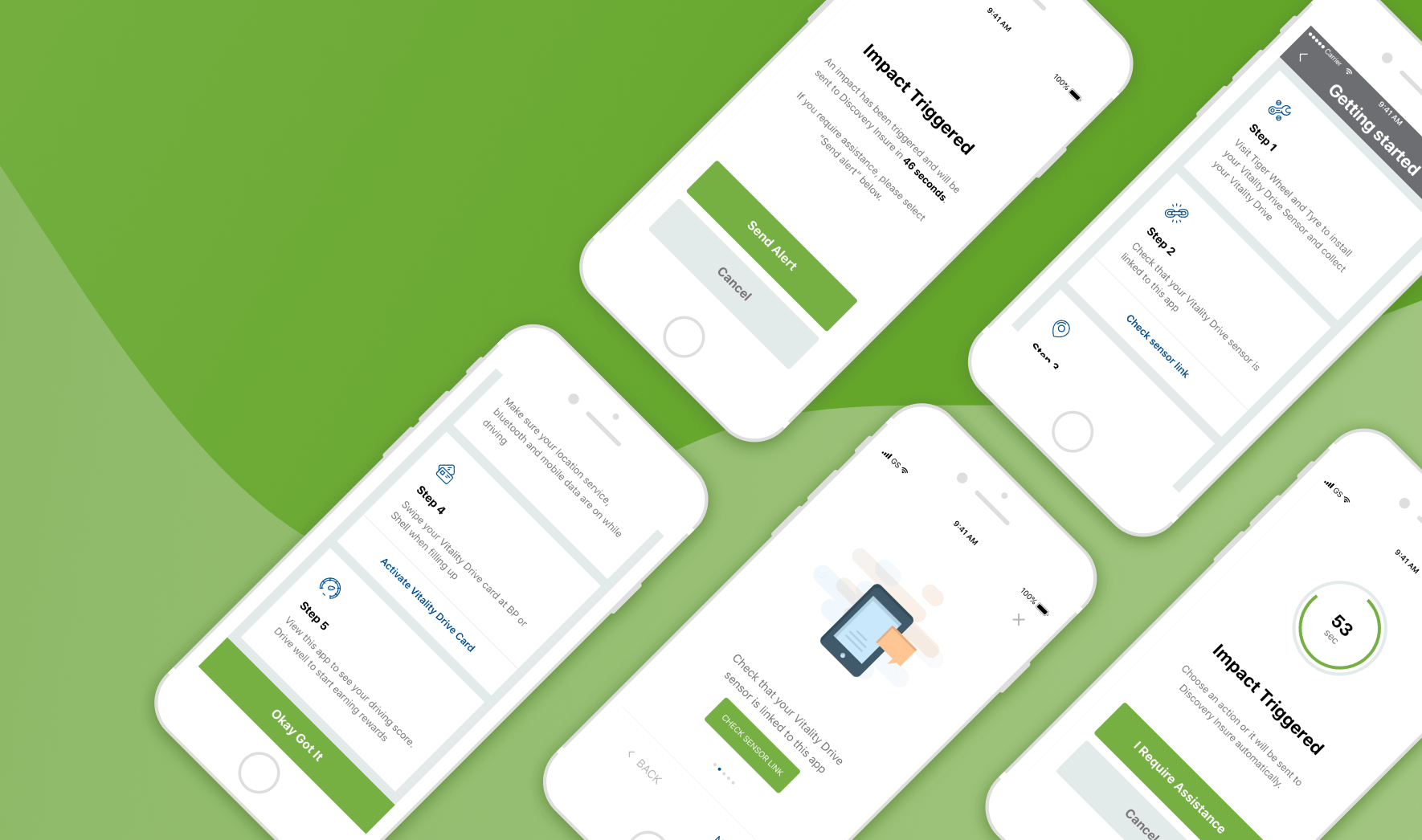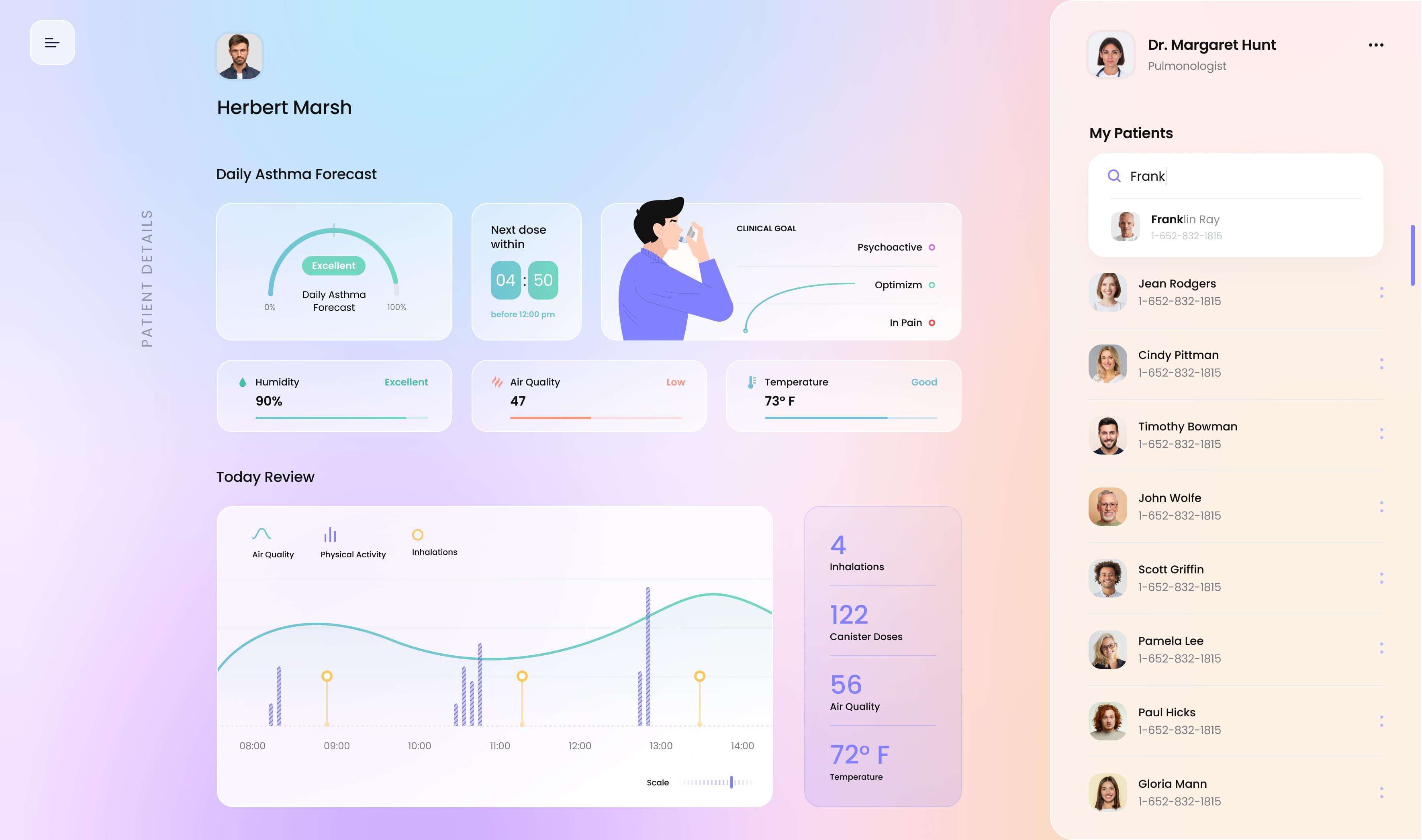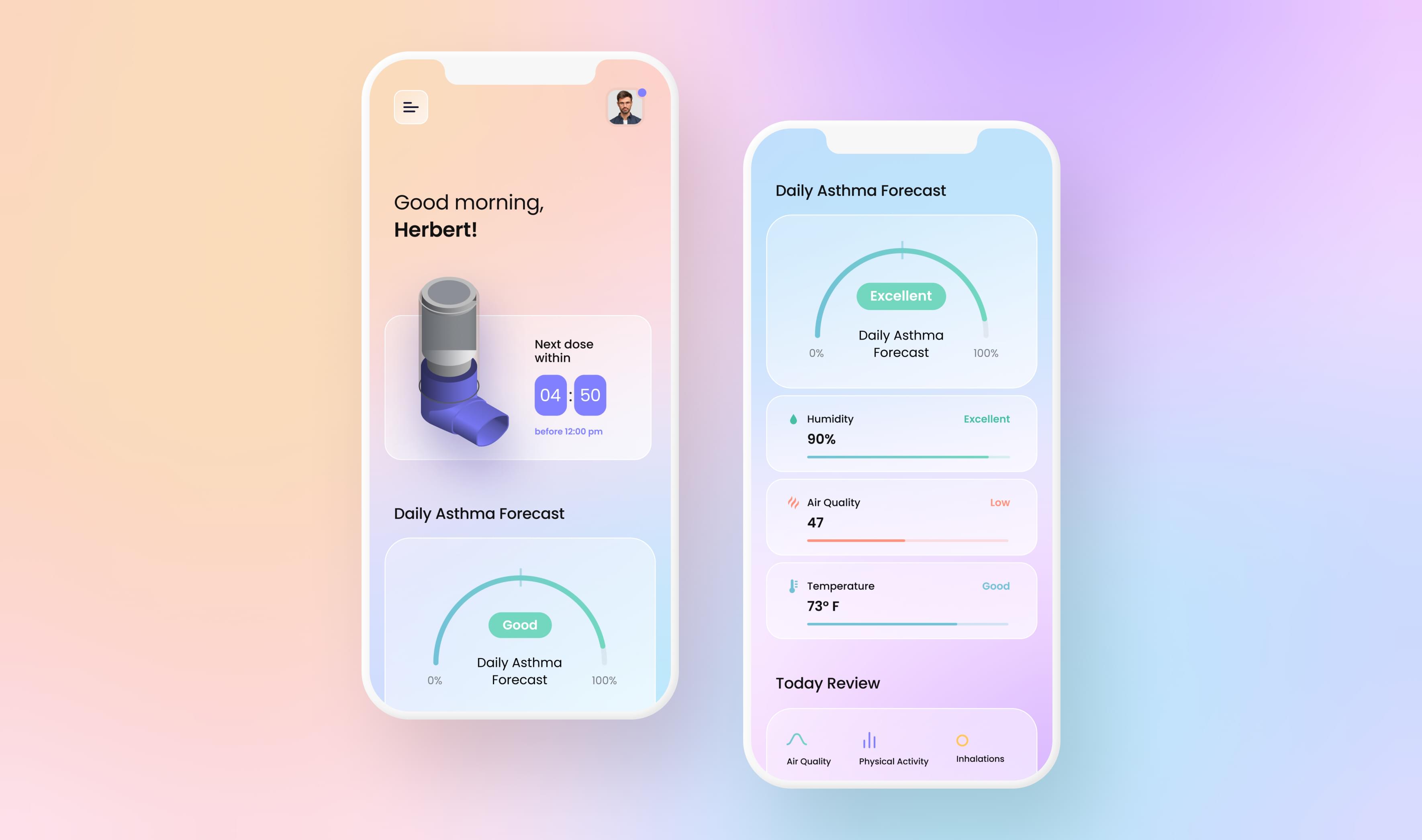close
- emailSend a requestphoneCall 1-650-419-3379phoneCall +1 (650) 419-3379phoneCall +44 2035140925 phoneToll-free 855-258-67-67
- Services
- Expertise
- Portfolio
- Testimonials
- About Us
- Contact Us
Custom Application Development Services
Services
Technology expertise





How Altoros set up the process
Up to 20% less time on meeting notes
5 min vs. hours massive data to insight
Seconds vs hours creating mockup content
60% faster content adjustments
Better & faster code optimisation
Faster initial research
Mins vs. hours key updates from patches
Fewer errors, faster testing
Why partner with us
Development
Related cases
The team at Altoros has successfully implemented 1400+ projects, some of which can be accessed through this page. We do also share more details on a particular project and other stories of success on demand. Please do not hesitate to reach out to us with a request!
Enabling Real-Time Emergency Support for Car Owners
The customer
A global provider of emergency assistance services turned to Altoros to implement a 24/7 support system for car owners. Founded in 1992 in New Zealand, the organization also operates in Australia and the United Kingdom.
The need
When the company turned to Altoros, it had a legacy system—for handling emergency requests—built on top of the outdated technology stack. The product was hard to maintain, it was impossible to extend the functionality, and lacked web interface. As a result, employees were not able to process emergency requests timely.
Cooperating with Altoros, the company wanted to create a cloud-native solution that would ensure 24/7 request processing in real time and let work from any place.
The challenges
Under the project, the team at Altoros had to address the following issues: To process emergency requests immediately, it was important to enable GPS tracking and visualize incidents on a map in real time. A vehicle location needed to be identified even if a user’s mobile phone is in the sleeping mode.
-
116,000
emergencies addressed
-
50
new partners
-
150
requests per day
The outcome
Partnering with Altoros, the customer has already addressed almost 116,000 road incidents providing assistance to 150+ car owners per day in real time. As the delivered solution gained popularity among end users, the company partnered with 50 new insurance providers to further improve customer service. By digitizing workflows, the organization ensured 24/7 emergency support.
Technology stack
Platform Azure Web Services
Programming languages C#, TypeScript, JavaScript
Frameworks and tools ASP.NET Core, Xamarin, Entity Framework Core, Serilog, AppInsights, Okta SSO, Stripe, PubNub, Twilio, Google Maps
Databases Azure MS SQL
A Mobile App for Renting Electric Scooters with 170,000 Active Users
The customer
Based in the USA, the customer is a transportation robotics company focusing on technology-driven development for micro-mobility vehicles. With 30 patents, the company’s flagship invention is a system for scooter fleets. In 2020, the startup raised $60 million of investment.
The need
Under the hood, the platform allowed for detecting 100+ malfunctions: break failures, short circuits, faulty batteries, etc. After the system identified an issue, it would take an appropriate action—e.g., stop the vehicle or block an attempt to rent it—to prevent damage during and between the rides. Originally, the company’s fleet of scooters was available for rental at the campus of the globally recognized tech university. However, the customer had an ambition to deliver its services across the USA, as well as enter the European market. Partnering with Altoros, the organization wanted to develop mobile apps for iOS and Android that would enable users to rent a scooter in 12 cities around the world the service was present.
The challenges
Under the project, the team at Altoros had to address the following issues:
- Cities have geofenced zones—low-speed or restricted areas—that impose certain limitations on vehicle movement. In the cities where the service operated, the number of such zones varied from 10 to 400. It was crucial for the mobile app to identify such zones in real time to prevent any accidents as the scooter would slow down or would be disabled upon approaching a geofence.
- As the service relied on a third-party billing system, sometimes, it took almost 3 minutes to process the payment. As a result, users could not start the ride until the procedure is completed.
- The verification of a bank balance and charging the fee was also a responsibility of the third-party billing system. This left the service vulnerable to allowing a vehicle rental to users with insufficient funds.
-
42,000
active Android users
-
12
cities worldwide
-
127,000
active iOS users
The outcome
Partnering with Altoros, the customer developed a mobile app that enables scooter rental for almost 170,000 users in 12 cities across the globe. By enabling the display of geofenced zones in real time, the company prevented users from entering restricted areas or riding at full capacity in low-speed areas. With an in-app wallet, the customer ensured only users with sufficient funds were able to rent their scooters.
After field-testing its service in the USA and Europe, the customer is planning to expand to the Asian market.
Technology stack
Platform Android, iOS
Programming languages Kotlin, Swift
Frameworks and tools AAC, Firebase Cloud Messaging, Jumio, Stripe, Retrofit, Room, Coroutines, ZXingScannerView, Google Maps, Apple Maps
Databases CoreDB
Developing Mobile Applications for Video Conferencing
The customer
The customer is a global provider of enterprise-grade video conferencing software. The company’s portfolio includes self-hosted and cloud solutions. Founded in 2012, the organization serves such companies as Accenture, PayPal, Intel, General Mills, еtc. Headquartered in Oslo, it has offices in the UK, the USA, and Australia.
The need
When the customer turned to Altoros, its video conferencing solution was web-based only. Aiming at attracting a broader audience and improving user experience, the company wanted to enable its product on mobile devices.
The customer relied on Altoros’s expertise to build iOS and Android applications, supporting scan-to-join meetings, live streaming, messaging, etc.
The challenges
Under the project, the team at Altoros had to address the following issues:
- It was important to ensure conferencing in real time without video/audio delays or overlaps.
- Users must be able to receive incoming calls from the application even if the mobile device is in the standby mode.
- Slow Internet must not affect the capability to establish video/audio connection.
The outcome
Partnering with Altoros, the customer enabled its enterprise-grade video conferencing software on iOS and Android, thus improving user experience and attracting a broader audience.
With 26,000 downloads from Apple Store and 30,000 downloads from Google Market, the delivered applications ensure stable connection without video/audio delays and overlaps. It also became possible to join a conference via scanning a QR code or an NFC tag.
Technology stack
Platform Android, iOS
Programming languages Java, Kotlin, Swift, Objective-С
Frameworks and tools Android: WebRTC, WebSocket, FlowRedux, Firebase Cloud Messaging, Firebase Crashlytics, Moshi, Android Architecture Components, Android Studio, SQLDelight, SQLBrite, Dagger 2, JUnit 4, OkHttp, Picasso, Robolectric, Socket.IO, iOS: WebRTC, WebSocket, AFNetworking, Socket.IO, CallKit, EventKit, Crashlytics
Databases Android: SQLite, iOS: CoreData
Automating E-mail Management and the Planning of Public Meetings
The customer
Based in the US, the customer is a provider of software solutions to a public sector. The company’s main offering is a platform that helps local governments to automate e-mail management and organize public town meetings to discuss arising issues in economy, education, health, wellness, etc.
The need
Local governments receive hundreds of daily e-mails from citizens who want to speak at town meetings. Municipal clerks review the messages, sorting inquiries by topics and publishing relevant ones in a meeting agenda on the administration’s website. This manual processing may take a clerk up to 8 hours per week. The bigger the population, the more time-consuming becomes the task, so citizens may wait for weeks till their e-mails are reviewed.
Relying on Altoros, the customer wanted to build a platform that automates this process. The company planned to showcase the system to a few municipalities, so a minimum viable product (MVP) had to be delivered under tight deadlines.
The challenges
Under the project, the team at Altoros had to address the following issues:
- As city population may vary from thousands to millions, scalability was a top priority, as well as high availability and performance.
- Since the system had to process personal information (names, e-mail address, etc.), it was important to ensure data security.
- As people with disabilities would also utilize the platform, compliance with Section 508 of the Rehabilitation Act had to be enabled.
-
500H
saved per clerk
-
32H
saved per clerk
-
35,000+
citizens
The outcome
Partnering with Altoros, the customer helped local governments to automate e-mail management, saving 500+ hours monthly on manual processing of inquiries from citizens. This way, municipal clerks can efficiently plan monthly meetings, while citizens no longer wait for weeks till their request is reviewed. The system enables clerks to review and reply to e-mails, as well as include them into the agenda of appropriate public meetings featured at the administration website. Citizens can view the issues for discussion and submit comments.
Technology stack
Platforms DigitalOcean, Vercel
Programming language JavaScript
Frameworks and tools React Native, Node.js, Next.js, Bootstrap, GraphQL, Apollo Client, Formik, styled-components
Database PostgreSQL
Developing Mobile Apps for Analytics-Driven Auto Insurance
The customer
Founded in 2010, the customer is the world’s leading mobile telematics and analytics provider. Using IoT, machine learning, and behavioral science, the organization focuses on developing solutions for the connected car experience. The company’s systems are widely employed by auto insurers, governmental agencies, etc.
The need
The provider had a software development kit (SDK) for building mobile applications around auto insurance. These applications were developed on demand for a particular customer or a region.
With a shortage of in-house Android expertise, the company turned to Altoros to create 12 applications for drivers in 5 countries (including 15 cities in the USA) and 2 applications for a specific insurer. All the 14 applications were to provide auto insurers with relevant data—such as mileage, a number of incidents, an overall driving style, etc.—to deliver optimal insurance plans.
The challenges
Under the project, the team at Altoros had to address the following issues: All the applications were to be built using the customer’s SDK, thus having the same core under the hood. However, the changes made to any application must not affect the functionality of others. To ensure efficient maintenance and support of the delivered solutions, it was important to achieve unification across the development approaches and codebase. With no ready-made solution on the market, highly customized data charts had to implemented.
The solution
Engineers at Altoros worked out an approach, which allowed for introducing code changes to a particular application without affecting the others. Employing such best practices as inheritance principles and code review, our team ensured a unified approach to software development. Developers at Altoros delivered a custom framework capable of visualizing the aggregated telematics data in sophisticated, yet explicit charts. Finally, our engineers developed a scoring system, which evaluated the overall driving style based on the telematics data. This promoted safer roads as drivers got rewards/bonuses from auto insurers for high scores.
The outcome
Partnering with Altoros, the company developed 14 mobile applications—serving auto insurance industry—fully customized to local user needs in 5 countries (including 15 different cities in the USA). One of the delivered solutions crossed the threshold of 100,000 installations, while the rest has an average of 1,000–5,000 downloads from the Google Play Store.
Technology stack
Platform Android
Programming languages Java
Frameworks and tools RxJava, Google Play Services, Google Maps, Facebook SDK, Picasso, MPAndroidChart, OkHttp, Mockito
Databases SharedPreferences
Branded Mobile Payment Systems / Apps
The customer
Paydiant is a provider of e-commerce and payment products for both U.S. and world markets. Its expertise in electronic billing and mobile marketing attracts customers from technology, finance, retail, and other industries. The company delivers online and mobile wallet functionality for a number of the most globally recognized brands, ensuring the use of their apps by millions of people around the globe.
The need
Paydiant faced the lack of flexible resources for development of a prototype for one of the largest clients within a limited time frames and product release schedules. The app should give users quick access to the closest stores, allowing for making an order and paying ahead right from their mobile phones. The idea was to have the dishes cooked in advance—within 15 minutes after the transaction.
The customer also wanted to extend functionality of its mobile solution for several US banks. They expected to enable cardless cash access from ATMs and to speed up the QR code reader. (Mobile banking application users complained that the QR code reading process was slow and inaccurate.)
The challenges
The following main challenges were faced during the project implementation:
- Since the customer’s mobile payment system and the purchasing services of its clients(restaurants / banks) operate independently, this required proper integration of user accounts on both sides and real - time synchronization of payment data(orders, history, etc.).
- All the transactions and account details should be secured to prevent any unauthorized access and leakage.
The outcome
Cooperation with Altoros provided the customer with a new large client—a global fast food chain. After approving the prototype, they proceeded to development of a full version of the application with the following features:
In addition to the standard menu, user profile, and ordering functionality, its rich UI featured a customized map with multifunctional data displaying, extended options for navigation within the app, multi-optional orders, possibility save order details for further timesaving re-ordering, etc.
Advanced customization of an order was also delivered. Users were enabled with a multiple choice of different options for their sandwiches. They can select a type of bread, flavor, cheese, meat, and sauce, as well as add extra components or put more veggies.
The application is now used by thousands of people across the U.S. in dozens of restaurants; the customer is also planning for further expansion to other countries.
Finally, our engineers significantly boosted QR code handling for bank-branded apps, which improved app performance and customer satisfaction.
Technology stack
Client Platform - App Server iOS
Programming Languages - Objective-C, JavaScript
Technologies - Core Location, Core Animation, UIKit, Core Foundation, RestKit, AFNetworking, Grand Central Dispatch, Playgrounds, REST API, MapKit, Autolayout, CocoaPods
Databases - SQLite, Core Data
Development Environment - Xcode
A GDPR-Compliant Mobile App to Conduct Spirometry/Oximetry Tests
The customer
The customer is a Norwegian software provider for the healthcare industry. In 2021, the company partnered with Innovation Norway, a state-owned business incubator, and BankID, a nation-wide identification system, to develop its flagship platform for oximetry/spirometry testing.
The need
The COVID-19 pandemic put a strain on healthcare institutions' load and resources. The waiting time for patients also increased. The customer saw an opportunity to fast-track diagnostics of respiratory diseases with pulmonary function/oxygen saturation self-testing. So, the company built a web system that would analyze data from oximeters/spirometers for doctors. Still, the startup needed an iOS app for patients to conduct self-tests and send results to the web system prior to an appointment.
Comprising medical experts and back-end engineers, the company relied on mobile development expertise at Altoros to deliver an MVP and present it to the investors/partners.
The challenges
Under the project, the team at Altoros had to address the following issues:
- The mobile app would share sensitive information (personal and medical data) with the existing web system. Furthermore, the app would use BankID as an authentication system for patients. In this regard, security and GDPR compliance were crucial.
- To run tests, oximeters/spirometers had to be connected to the mobile app via Bluetooth. If Bluetooth was not deactivated after the test, smartphone's battery might run out of charge or slow down performance. Furthermore, an open Bluetooth connection posed a point of vulnerability.
-
GDPR
compliance ensured
-
8 weeks
to deliver an MVP
-
50+
parameters tracked
The outcome
Partnering with Altoros, the customer delivered an MVP of an iOS app for spirometry/oximetry self-testing across 50+ parameters, promoting accurate diagnostics during in-person visits. Thanks to security measures in place, the customer can protect personal and medical data, as well as comply with GDPR. With the MVP delivered in just 8 weeks, the customer was able to present it to the investors/partners and move on with developing a fully fledged solution.
Technology stack
Platform - iOS
Programming Language - Swift
Frameworks and tools - KeychainSwift, Lottie, Charts, Firebase Crashlytics, Google Firebase Cloud Messaging

A HealthTech Provider Raises $50 Million with a Drug Delivery Platform
The customer
Based in Israel, the customer is a software provider to the healthcare industry. The company’s main product is a smart inhaler that enables pulmonary delivery of therapeutic molecules and phytosubstances to patients suffering from intense pain, nervous system disorders, sleep, anxiety, and leukemia.
The need
Each smart inhaler has a preloaded cartridge with a medical substance. The device was developed to administer low doses, minimizing various side effects up to 90%. Initial trials were conducted at an Israeli hospital, where doctors distributed devices among patients on an individual basis. This procedure involved making prescriptions, keeping record of patients and assigned inhalers, monitoring inhaler regimens, etc.
Relying on Altoros, the startup wanted to build a web platform for doctors to track patients and devices, as well as a mobile app for patients to monitor and optimize inhaler usage, get reminders, etc. Targeting at a global market, the customer strove for scalability and high availability. With a minimum viable product (MVP), the company planned to raise additional investment for future development.
The challenges
Under the project, the team at Altoros had to address the following issues:
- A mobile app was to gather sensitive information—personal data, drug doses, etc.—from inhalers via Bluetooth and send it to the web platform. However, Bluetooth connections are highly prone to cyber attacks. Given the sensitivity of data, security was a top priority for both the web and mobile systems.
- It was important to ensure uninterrupted data transfer between the mobile app and the web platform, even with unreliable Internet.
- While different mobile devices could use different Bluetooth protocols, it was crucial to prevent any contradictions when pairing with the inhaler.
-
$50M
investment
-
90%
reduced side effects
-
2-3
weeks release cycle
The outcome
Partnering with Altoros, the customer developed a web platform for the doctors to assign and track smart inhalers, as well as a mobile app for patients to monitor and optimize inhaler usage, get reminders, etc. With the delivered prototype of the web system, the company was able to test feature feasibility and present the solution to investors, raising $50 million. Thanks to the chosen architecture, the organization laid foundation for high availability and scalability, as well as ensured advanced security across the web, mobile, and inhaler systems. By following Agile best practices, the company managed to implement new features every 2–3 weeks. Cross-platform mobile development helped the customer to significantly reduce expenses, avoiding the necessity to build separate Android and iOS apps, as well as support two different systems.
Technology stack
Platform - Amazon Web Services
Programming languages - Java, JavaScript
Frameworks and tools - Arduino, Angular, AWS Shield, Amazon EC2, Elastic Load Balancer, Elasticsearch, Logstash, Kibana, Apache Tomcat, Apache Cordova, Ionic
Database - CouchDB
Our clients speak
Our aim is to reach customer satisfaction. Explore some of our clients’ testimonials to learn the results of our productive collaboration.

About Altoros
Partners
-
Headquarters4900 Hopyard Rd., Suite 100Pleasanton, CA 94588
-
Altoros Finland OYKyllikinportti 2,00240 Helsinki, Finland
-
Altoros Norge ASTordenskiolds gate 2, 0160 Oslo, Norway
-
Development Center, PolandMłynarska st. 42 /115,01-171 Warsaw
-
Development center, ArgentinaBuenos AiresAv. Federico Lacroze 2827,C1426CPP CABA, ArgentinaSanta Fe25 de Mayo 2884, S3000FUASanta Fe, Argentina

Copied
Copy to clipboard




